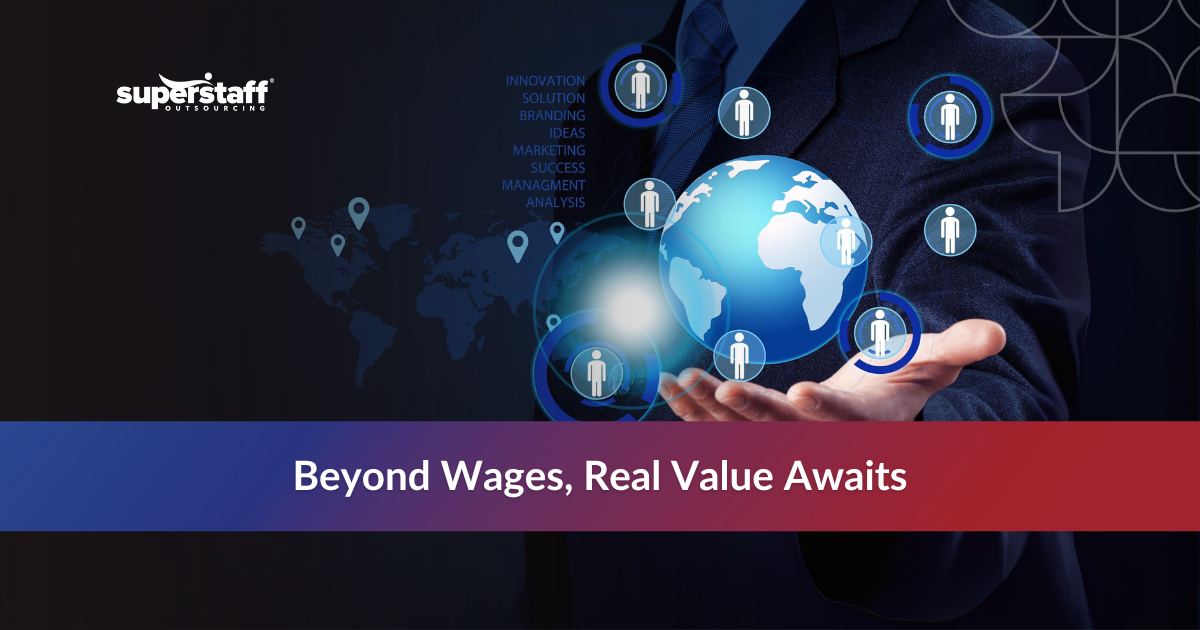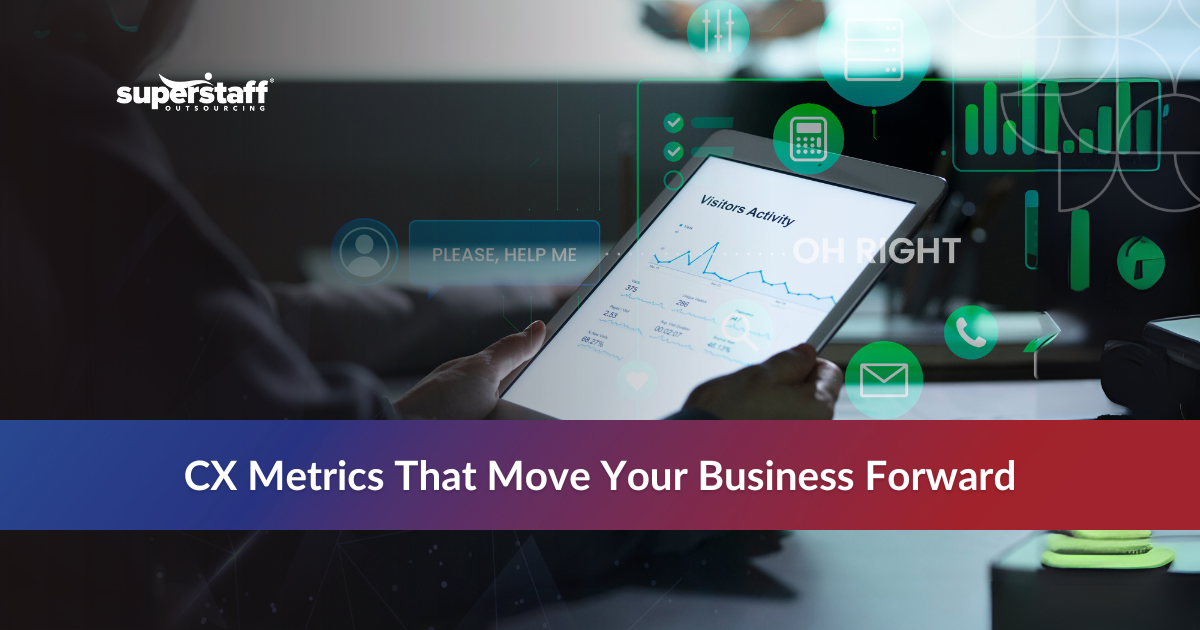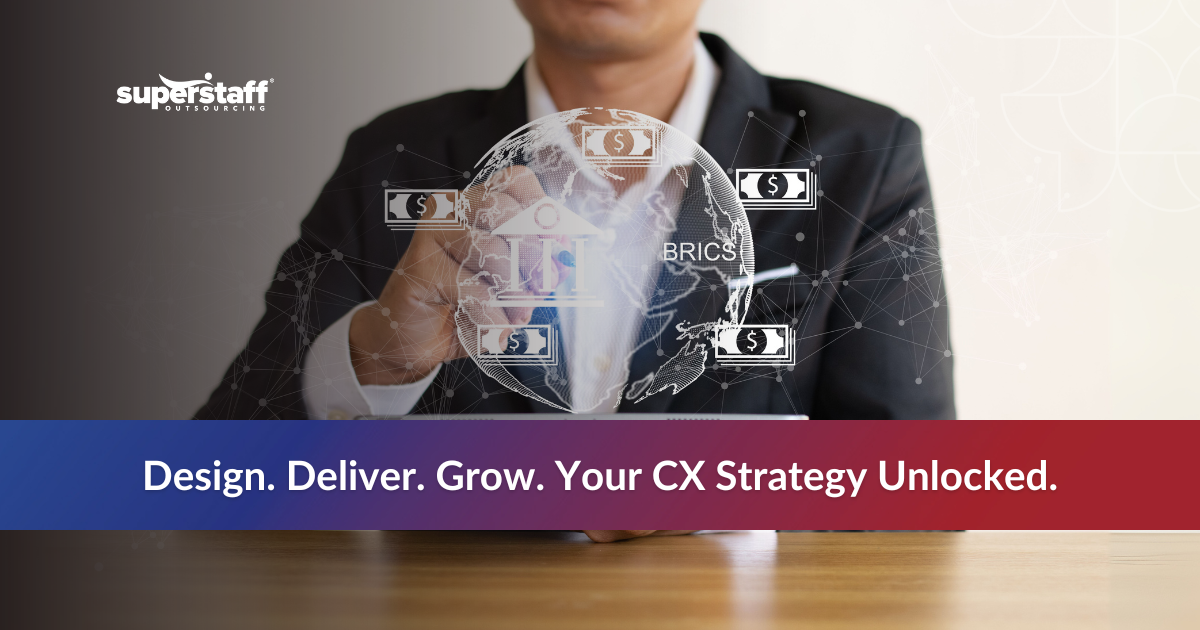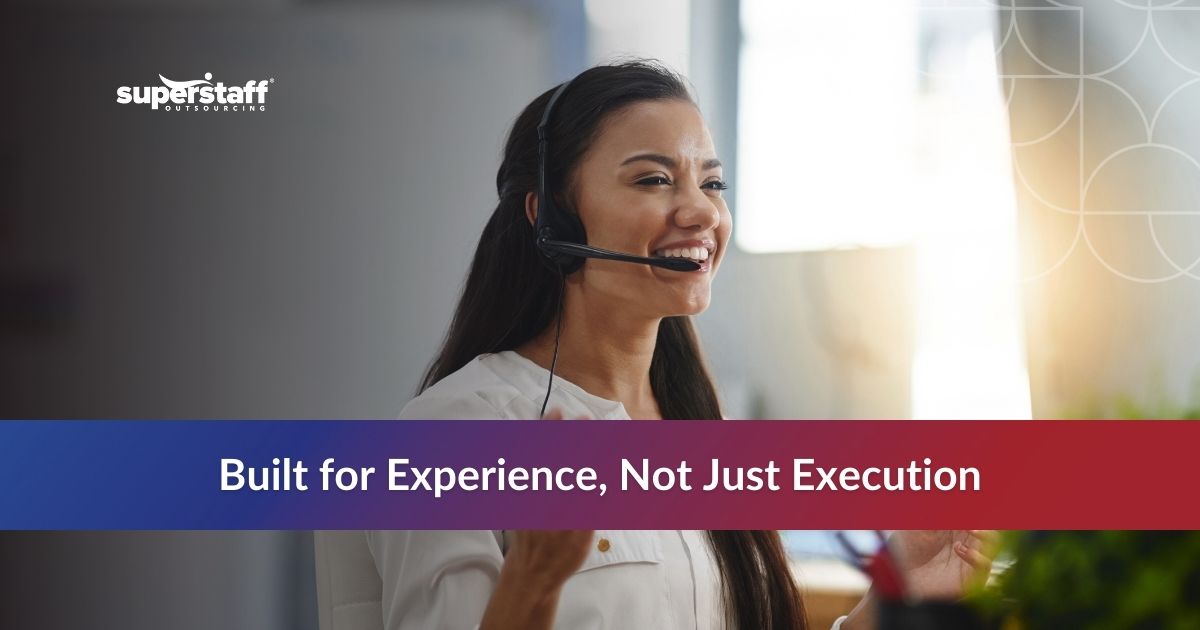
Customer experience isn’t just about solving problems anymore—it’s about knowing what the customer wants before they do. That reality is reshaping the way BPOs must operate. As customer service climbs higher on the list of boardroom priorities, business leaders are demanding more than just labor efficiency from their partners. Today, they want smarter, faster, more personal interactions.
In 2025, the value of customer support outsourcing services will be measured not by speed alone, but by the quality, relevance, and foresight behind every response. BPOs must now deliver experiences that are efficient, emotionally intelligent, and fueled by data. This blog explores what modern CX leaders truly expect—and how BPOs can rise to meet the moment.
Goodbye Generic: Hyper-Personalization Is the Baseline
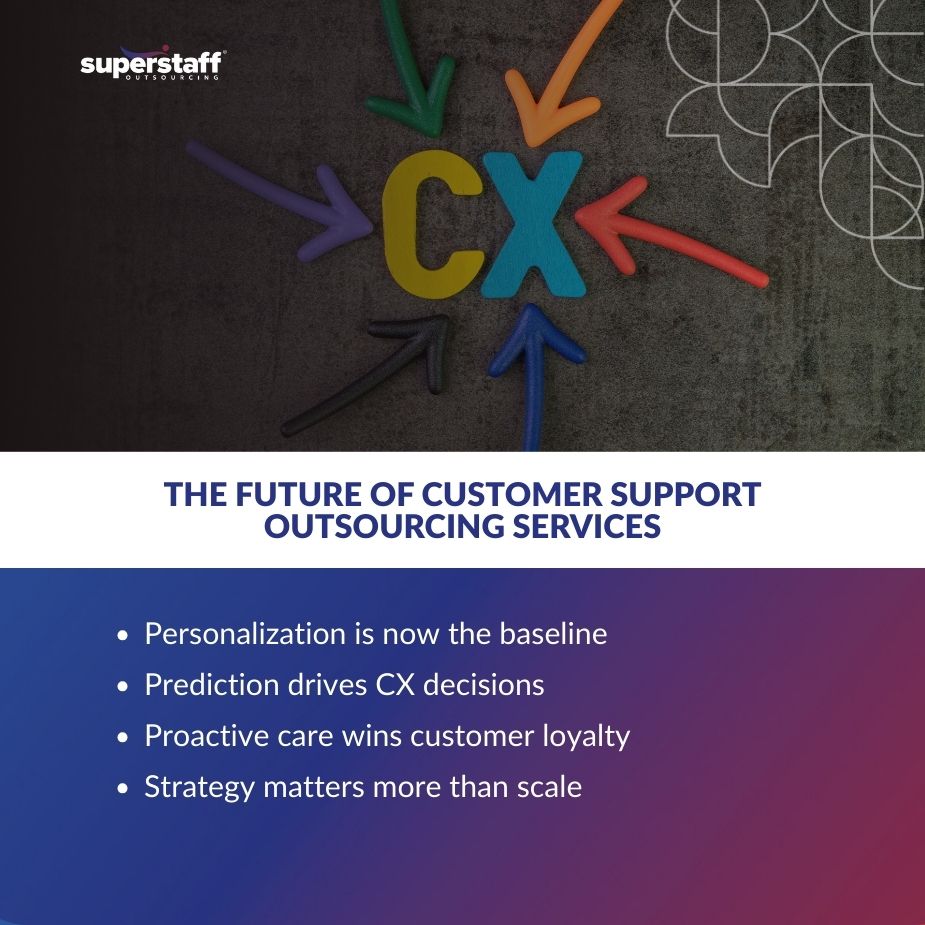
Today’s CX leaders are done with generic service—they want hyper-personalization at scale. The days of one-size-fits-all communication are long gone. Modern consumers expect to feel known and understood, even before they explain their problem.
That means every customer interaction must reflect an understanding of past behaviors, preferences, and pain points. In customer support outsourcing services, personalization is no longer optional—it’s expected. CX teams must have access to CRM data, behavioral analytics, and past interactions. But it’s not just about data.
Empathy and emotional intelligence are becoming central to agent training. Brands want BPOs to staff representatives who don’t just follow scripts but sound and feel like a natural extension of their company voice. Agents need to know not only what to say, but how to say it.
The best outsourcing partners already embed these brand nuances into their onboarding and daily operations. That’s the new minimum. To stay competitive, BPOs must take personalization even further.
Yet hyper-personalization is only half the picture. Without the power to predict what customers need next, service remains reactive—and that’s no longer enough.
Prediction: From Response to Anticipation
CX leaders demand predictive capabilities that anticipate needs and resolve issues before they escalate. That means moving from passive support to intelligent forecasting. Reactive customer support is outdated. Customers no longer want to reach out after a problem happens—they expect brands to know when something might go wrong.
Customer support outsourcing services now involve embedded AI tools that help agents detect churn signals, dissatisfaction patterns, or unresolved concerns before they become full-blown issues. This is where real transformation starts.
Whether it’s a healthcare provider noticing when a patient hasn’t booked a follow-up or an e-commerce platform preemptively reaching out about a missed delivery window, predictive engagement is becoming the gold standard.
AI doesn’t replace the human touch—it enhances it. In 2025, CX leaders look for BPOs that combine data modeling with smart agent workflows. These tools don’t just deliver insights; they guide agents on how to act in the moment.
And once you can predict customer needs? It’s time to move one step further: act before the customer even thinks to reach out.
Proactive Care: The New Gold Standard
Proactive engagement is the new CX standard in 2025. Customers expect brands to reach out to them—not the other way around. In this era of digital immediacy, silence is interpreted as indifference.
With customer support outsourcing services, proactive customer care has become a differentiator. Top-performing BPOs enable brands to send alerts about delays, provide onboarding walkthroughs for new users, or check in when a pattern of failed logins suggests a forgotten password.
This proactive approach is especially critical in sectors like logistics and healthcare, where timing and communication can make or break the experience. In logistics, customers appreciate real-time delivery updates. In healthcare, patients feel supported when they receive pre-appointment reminders or post-care instructions.
What separates excellent BPOs is their ability to anticipate these moments and design outreach around them. These are not scripted responses—they’re thoughtful, timely interventions that build trust.
And that’s what CX leaders want most: a partner who doesn’t wait for trouble but works to prevent it.
More Than Execution: Strategic Experience Leadership
CX leaders want BPOs that act as strategic experience partners, not just service vendors. This shift is critical. The most advanced BPOs aren’t just following instructions—they’re helping shape the strategy.
Customer support outsourcing services now include consulting-level collaboration. This involves setting up CX dashboards, conducting experience audits, and regularly advising on how to improve. The best partners offer recommendations based on voice-of-customer data, not just internal metrics.
It’s not about vanity numbers anymore. CX leaders want feedback that helps them understand what customers are truly experiencing—and what needs to change. This can include flagging friction points in an app’s user flow or identifying when customer sentiment starts trending negative.
True strategic partnership also means helping brands plan for what’s next. That could involve evaluating emerging cx technology trends or preparing for seasonal spikes in demand.
When BPOs contribute to the long-term CX roadmap, they become embedded partners—not interchangeable vendors. And that’s what builds longevity in outsourcing relationships.
The Rise of Specialized Roles in CX Delivery
The future of BPO in CX is defined by specialized, insight-driven roles. It’s no longer just about customer-facing agents. Customer support outsourcing services now require an ecosystem of roles that collectively deliver consistent, high-quality experiences.
CX analysts are now table stakes. These professionals interpret customer feedback, run sentiment analysis, and help shape messaging strategies. Meanwhile, QA roles have shifted away from compliance checklists toward experience consistency and emotional tone.
In growing industries like tech and retail, BPOs are also bringing in automation coordinators to manage bot-human handoffs, and content creators to ensure knowledge base articles are accurate and on-brand.
These roles are critical for industries with high support volume or complex user journeys. For example, a biopharma startup launching a new platform doesn’t just need agents—they need onboarding scripts, help articles, data flow monitoring, and sentiment tracking. That kind of infrastructure only works when a BPO brings a full team of specialists to the table.
CX leaders are no longer impressed by the size of a call center. They’re looking for teams structured around outcomes—and that’s where the real value of outsourcing lies.
SuperStaff’s Approach to Customer Support Outsourcing Services
SuperStaff builds BPO teams ready for the CX future: personalized, predictive, and proactive. We understand that today’s support challenges require more than bodies on the phones—they demand insight, empathy, and tech-savvy execution.
Our customer support outsourcing services begin with custom onboarding that aligns every agent with your brand’s tone, values, and long-term goals. We don’t train agents to sound good—we train them to act like a seamless extension of your company.
We also integrate tools that surface customer intent, automate low-value tasks, and give agents the real-time context needed to deliver world-class service. Whether it’s retail customers asking about a delayed order or a healthcare patient needing post-discharge support, we make sure our agents are ready for that moment.
And as CX technology trends continue to evolve, we adapt fast. Our teams undergo continuous upskilling, and our workflows are optimized regularly based on data insights. We don’t just respond to problems—we help prevent them.
In an era where AI is everywhere, our advantage lies in knowing how to blend tech and humanity. That’s how we deliver real impact—and that’s what today’s CX leaders are looking for.

